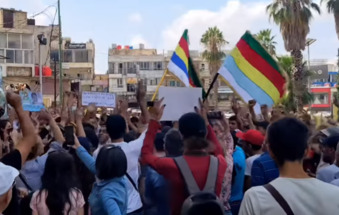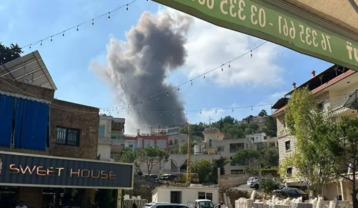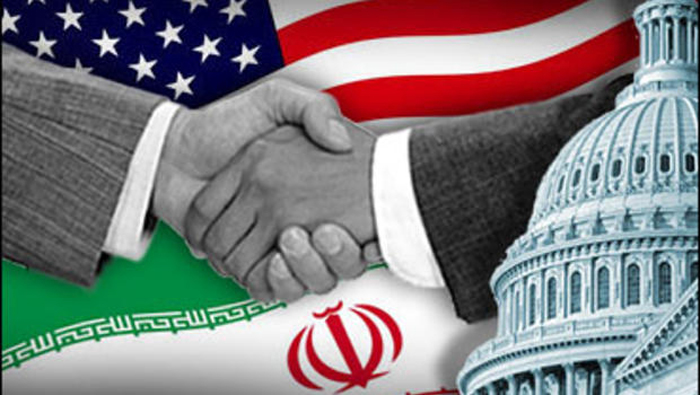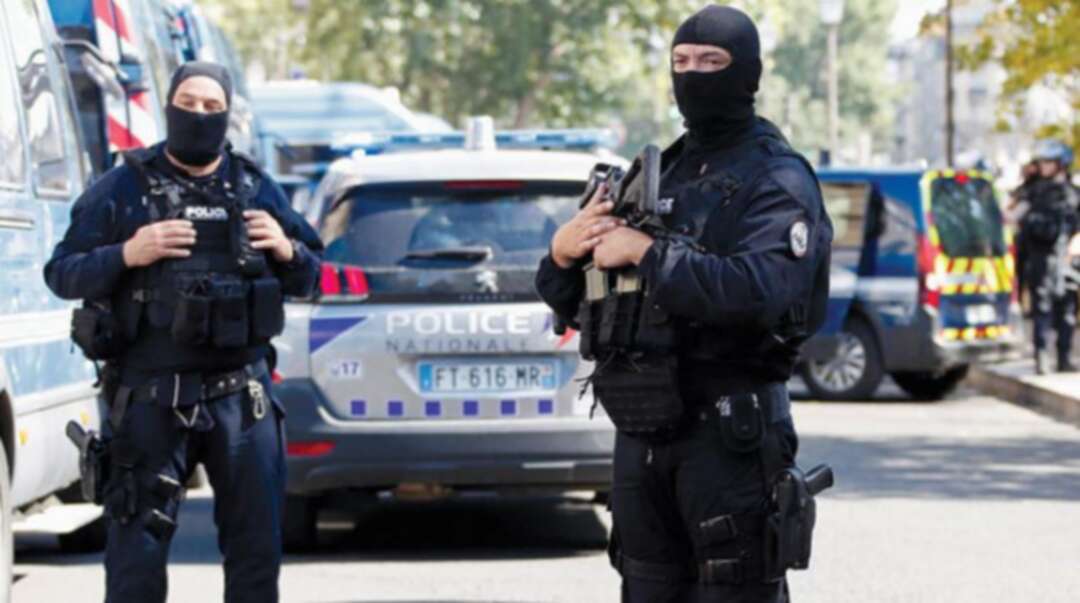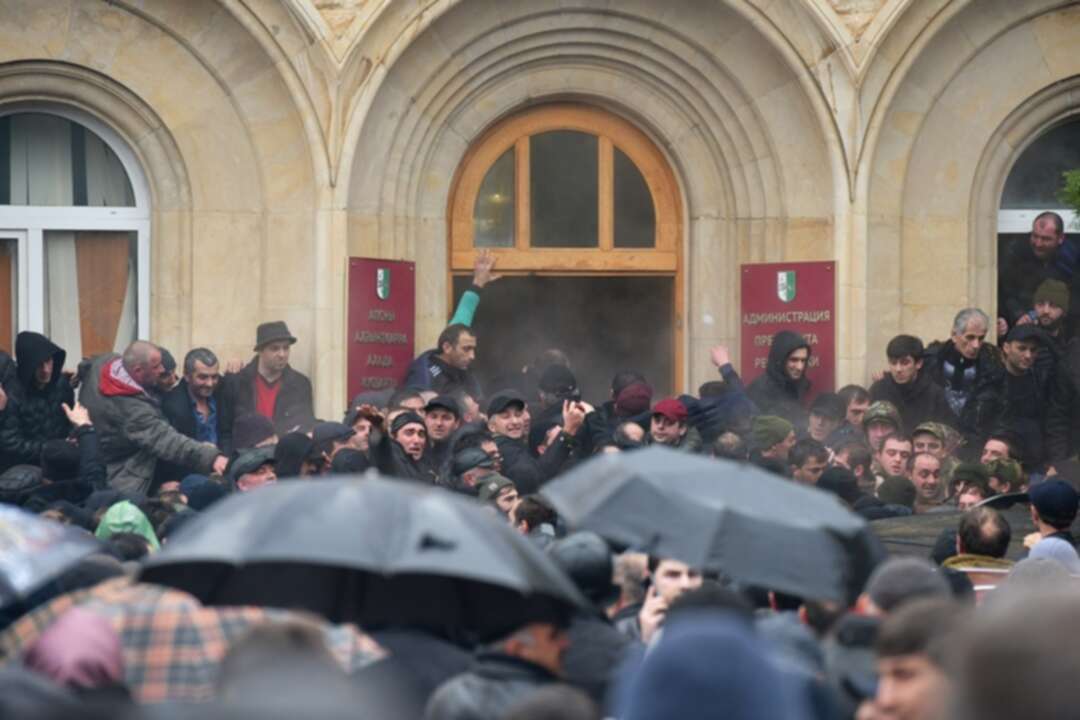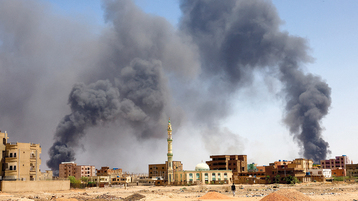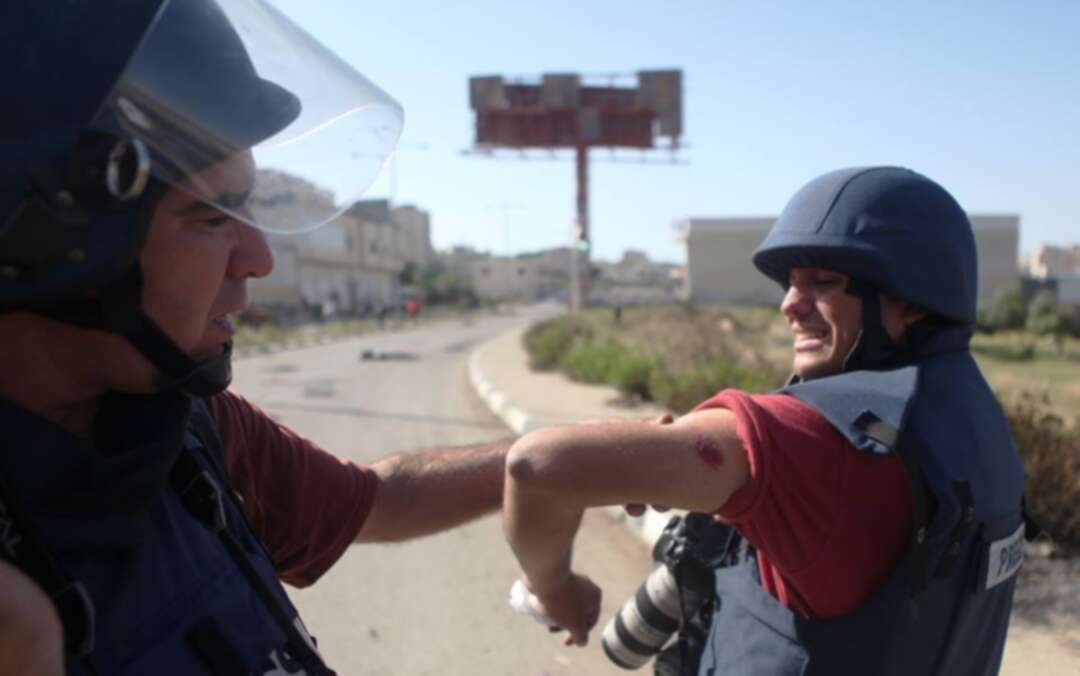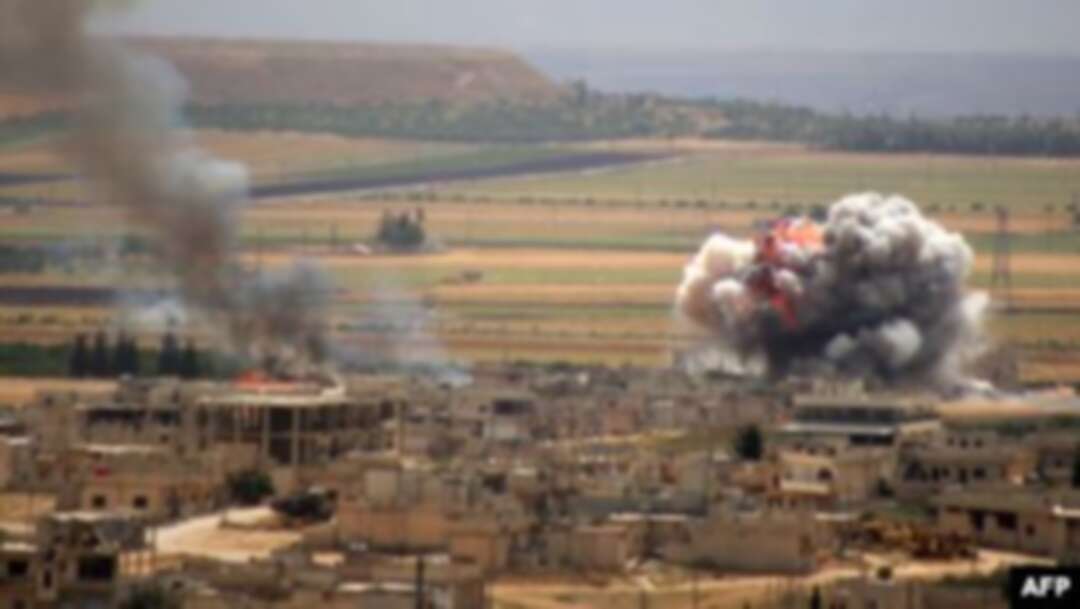-
The Iraqi "Al-Qaim" crossing ... Iran's land bridge to the Mediterranean
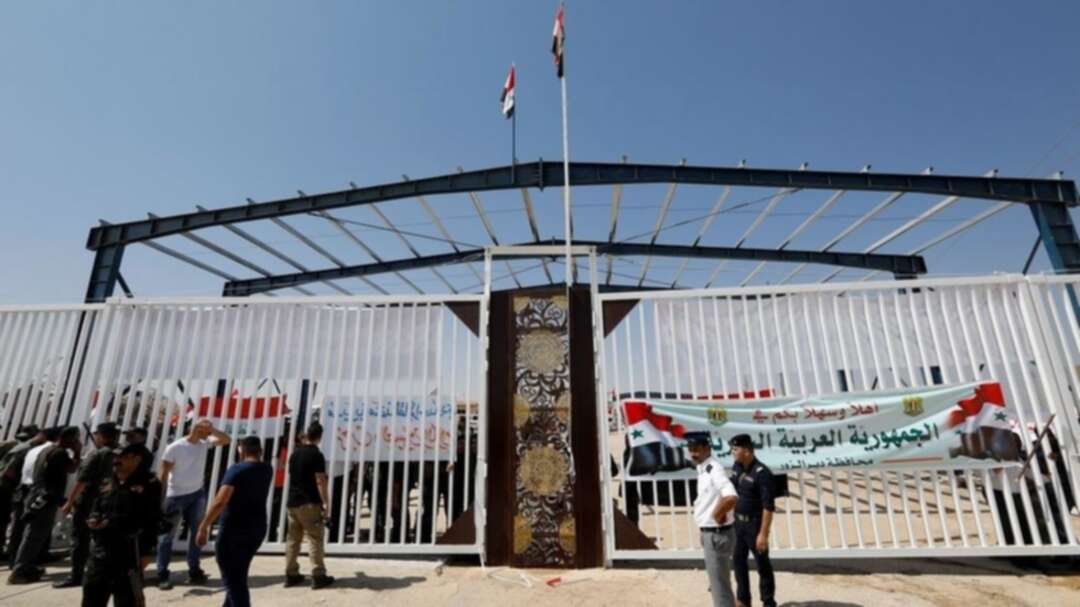
The decision of Iraq's border authority to open the Al-Qaim border crossing with Syria on Monday re-opened controversy over its relationship with Iranian interests and its link to the spread of Tehran militias on the border between the two countries.
The Iraqi authorities had established a barbed-wire fence in the region last June, in anticipation of infiltration of insurgents from inside Syria, according to the Iraqi version.
The Iraqi Prime Minister, Adel Abdul-Mahdi, settled his stance, setting September 30 as the date for returning the movement to the gates of Al-Qaim, a decision that Baghdad officially links with economic strategies and interests that will affect the two countries. However, the official statement is silent on other details
The Iraqi decision comes after completing a deployment carried out by pro-Iranian militias in the region on the opposite border side in Syria.
The crossing, 7 km from the Syrian city of Albukamal, is reported to be devoid of any presence of Syrian troops, while pro-Iranian militias are deployed.
Iran has never concealed its efforts to maintain its influence in the region; it was precisely from Albukamal that the Quds Force commander in the Iranian Revolutionary Guards, Qassem Soleimani, appeared threatening the US.
The verbal threat of the Quds Force commander, supplemented by logistical arrangements revealed by satellites, including those published by the site "ImgSat International," which shows Tehran's involvement in the construction of a military base in the vicinity of Al-Qaim that contains weapons stores.
Iran's military buildup is paving the way for Iran's plans in the region and ensuring the transfer of its weapons around.
On the re-opening of the crossing, military expert and strategist Ihsan al-Qayson said that "there is no military or economic necessity for Iraq to open Al-Qaim crossing, but on the contrary there is a military necessity to close this crossing, because of the presence of large cells and groups in Syria, and the fear of infiltrating through it."
"We know that there are revolutionary guards on the Syrian side, and on the Iraqi side pro-Tehran militias, and therefore the aim of opening the crossing will be to achieve Iran's strategic objective by a land road linking Tehran to Baghdad and Beirut to the Mediterranean coast," Qayson told Sky News Arabic.
He added that one of the objectives of opening the crossing is "to make Iraq part of the scheme of the empire of the Iranian regime, which extends from the Mediterranean to the Afghan border."
Al-Qaim crossing, which was controlled by the Islamic State terrorist organization, is located in the western province of Anbar and was liberated from the terrorist organization in November 2017.
Iraq is linked to Syria by three crossings with different names on both sides, the Rabia crossing of the Iraqi side, which corresponds to Al-Yrubiya in Syria, Al-Walid in Iraq, and Al-Tanf on the Syrian side, and "Al-Qaim" and Albukamal from Syria.
Tags
You May Also Like
Popular Posts
Caricature
Qatar Closes Hamas Office...
- November 11, 2024
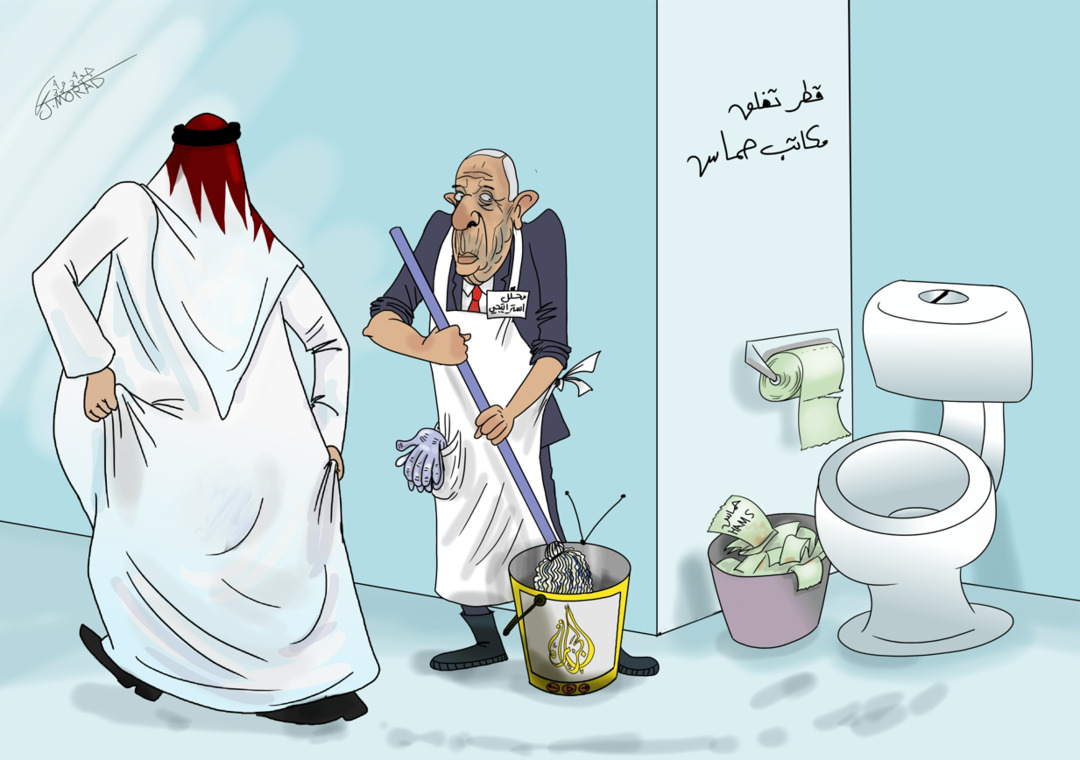
Qatar Closes Hamas Offices
opinion
Report
ads
Newsletter
Subscribe to our mailing list to get the new updates!

